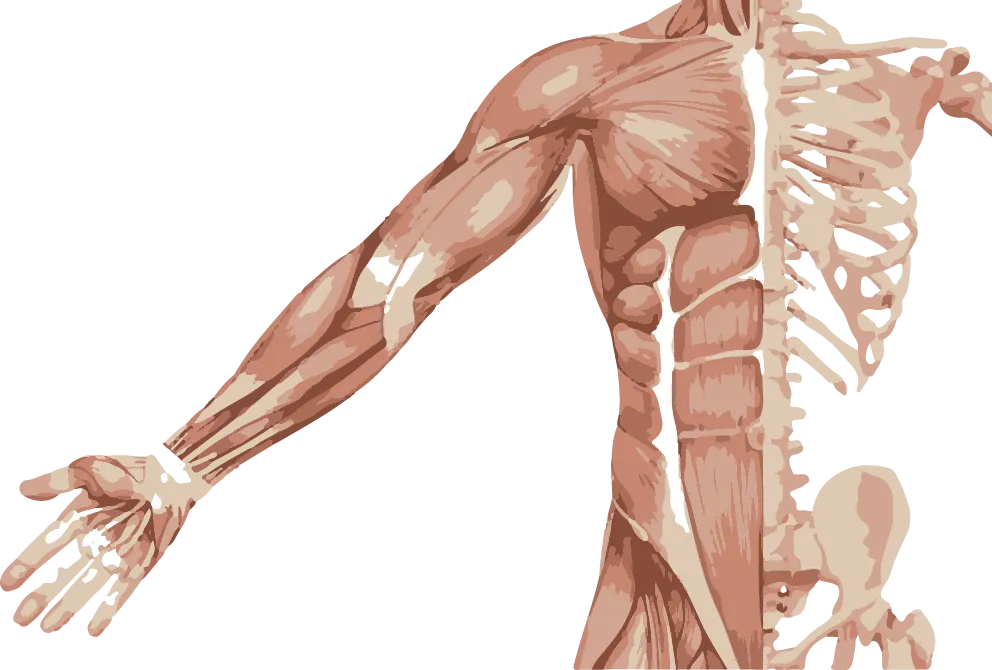Over the last few months, I have written a few posts talking about how much the wealth gap has changed between the wealthy - and everyone else. It isn't just the poor, it is almost everyone. The current economy and its vehicle have provide those with wealth the ability to generate ever-greater returns, meaning that no matter what happens in the world, whether positive or negative - the gap keeps growing.
However, in the times of retraction, this ability is even more pronounced, as it essentially becomes the equivalent of "buy the dip" and in order to be able to buy, one has to have available resources with which to purchase. In times of heavy uncertainty, it is very difficult for most people to be able to take the risk and invest, but when there is so much unnecessary extra, the decision is simple.

In Australia, the 31 Australian billionaires have added 85 billion to their wealth since the start of the pandemic, which put into context, would be the equivalent of a 33,000 dollar one-off payment to around 2.5 million people - ten percent of the population. This is during the country's first recession in three decades.
And, the pain for many is yet to come, as the government has "softened the blow" by injecting unprecedented amounts of cash into the system, which is part of how the wealthy end up getting wealthier. The taking of debt is a wealth transfer of future value into the hands of the few. It becomes indentured servitude.
Indentured servitude is a form of involuntary labor in which a person who took out a loan (an indenture) agrees to work without salary for the lender for a specific number of years. Historically, it has been used to pay the cost of the person's transportation to a job location, such as from Europe to North America.
Like any loan, an indenture could be sold; most employers had to depend on middlemen to recruit and transport the workers, so indentures (indentured workers) were commonly bought and sold when they arrived at their destinations. Like prices of the enslaved, their price went up or down depending on supply and demand. When the indenture (loan) was paid off, the worker was free. Sometimes they might be given a plot of land.
source
The difference of course is, that the loan wasn't taken out willingly, so it is more like being sold into slavery by parents - and still having to send any money earned home to them for the privilege of being sold. Years and years of economic suffering is to come on the back of this pandemic, as while so much has been "spent", very little has moved into the pockets and accounts of those who need it, or at least, it has been unable to stay in those places, as those in need do not have the luxury to invest, to buy the dips, at least traditionally.
The system is working exactly as intended, the problem is of course, that it is fundamentally flawed - like an error in a computer program, it returns what it has been designed to return. Even as it works, the economy is broken, as it increasingly becomes exclusive, consolidating wealth into fewer hands becoming more exclusive through the exclusion of those who have had their wealth extracted and leveraged to speed up the extractive process. The more the system runs, the more efficient it becomes and the faster it moves, as it keeps adding bandwidth, gateways of transfer.
There is speak of economic recovery, but this should be from the position of economic system revolution, not repairing what is flawed by design. Yet, there is little chance of that happening if left up to the hands of those who are benefitting so greatly from the current order of the economy. Since economy is pervading, essentially, the only way to change the economy is through the usage of it and that requires participants to change their behavior. If those that have the ability to do so through legislation and power will not, it is up to the rest to do it through consumption.
Revolution comes through decision, it need not be a choice for violence. But perhaps, with so many wanting instant gratification, the stomach for slow change is small and the appetite for speed insatiable. This leaves only a few paths open to move forward, passivity being one of them. It is far easier to stand back and not act, than to work toward uncertain outcomes, especially when the ability to avoid has been made so convenient and comfortable.
I think more now than ever, we have the ability to make change for ourselves without relying on those who do not actually want change to happen. Never before has society had the level of connection it does and with that connection comes the ability to organize and build in ways that were not possible earlier and to do so in ways that opens up new pathways that have never existed at scale before.
None of this is certain as it requires that paradigm shift that has been spoken about generation after generation, that it will be "us" who will finally bring the change and usher in a better way.
Will it be us?
Taraz
[ Gen1: Hive ]
